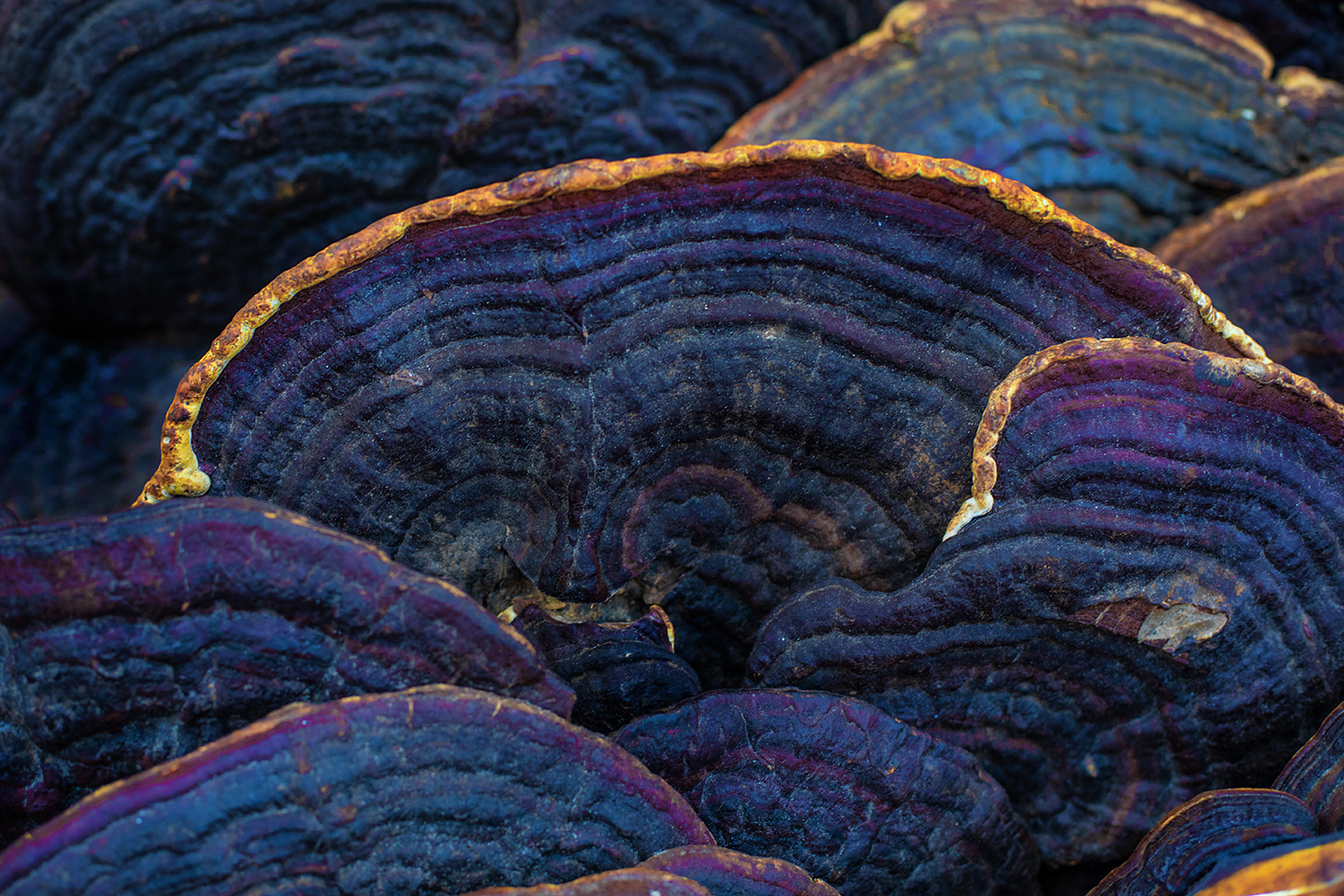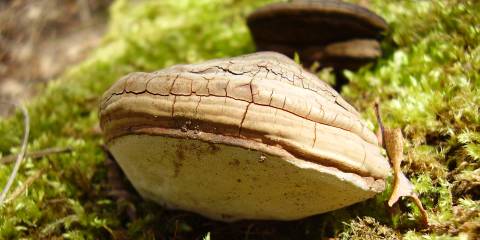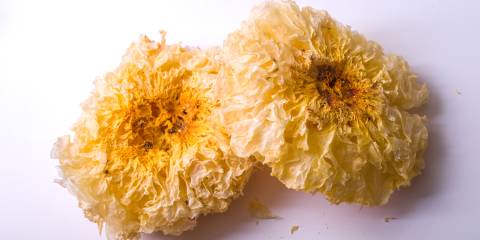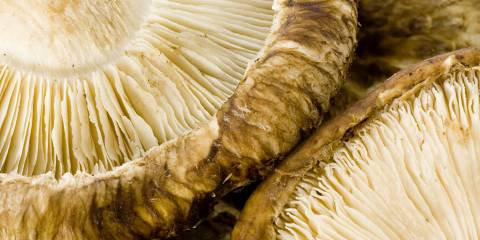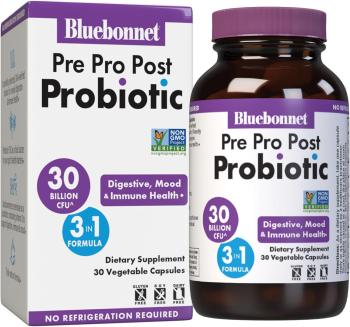On a Pacific island southwest of Japan, a rare mushroom with a particular affinity for female health can be found growing on mulberry trees. The mushroom, known as meshima, means “women’s island” and is named after the island on which it grows.
Meshima mushroom (Phellinus linteus) has long been recognized as a medicinal mushroom in Asian medicine. Chinese emperors and Japanese royalty drank a tea of meshima for vitality and long life. In Japan, China, and Korea, it is highly ranked for various conditions, including arthritis, gastrointestinal disorders, liver damage, lymphatic diseases, menstrual disorders and various cancers.
In recent times, scientific research has focused on how meshima supports immunity. Studies show it increases activity of immune cells, such as B cells and T lymphocytes, as well as cytotoxic activity of natural killer cells. Many of meshima’s immunologic actions show specific promise for maintaining healthy breast cells.
Meshima for Breast Health
Meshima has been attracting attention as being particularly protective of breast tissue. Researchers from Indiana University found that an extract of the mushroom suppresses the growth and invasive behavior of breast cancer cells.
One of the reasons for the high mortality of breast cancer is the invasive behavior of cancer cells, which results in metastasis (spreading). In the study, reported in the British Journal of Cancer, Daniel Silva, PhD, and colleagues demonstrated that meshima extract (PL-fraction) inhibits proliferation as well as colony formation of highly invasive breast cancer cells. The study suggests a potential therapeutic effect of meshima extract against invasive breast cancer.
Meshima has been well-studied by Korean researchers and is becoming increasingly popular as an adjuvant cancer treatment along with chemotherapies. One study found that meshima increased effectiveness against tumor growth and metastasis in mice when combined with the anticancer drug Adriamycin.
Research shows that meshima has strong antitumor properties. In one study, a hot-water extract had the strongest antitumor activity in a group of medicinal mushrooms that included enoki, kawaratake (Coriolus), a relative of reishi (Ganoderma applanatum) and shiitake. The effect was measured in a mouse model of a connective tissue tumor.
Clinical evidence of meshima’s antitumor effects is documented in the medical literature with many positive patient case studies describing tumor regression.
Traditional Chinese Medicine
As a result of thousands of years of human observation, Chinese medicine asserts that health can be maintained by sustaining the right balance in the body (known as yin and yang) and that disease can be overcome by restoring this balance through nutrition, herbs, physical activity and mental peace. In other words, disease is the tip of the iceberg, the result of the underlying imbalance of the body, which must be restored.
In traditional Chinese medicine, meshima is classified as a chi tonic. Chi tonics are used to strengthen the body’s resistance to outside forces. In addition, meshima is considered an adaptogen, a substance that helps the body adapt to stressful conditions by restoring altered body conditions back to normal.
Meshima is highly regarded in herbal medicine in terms of multiple benefits and absence of side effects. Its immune-modulating, anti-metastatic properties demonstrate great potential as a natural compound for supporting healthy breast tissue.
Choosing a Mushroom Supplement
Mushroom supplements are available as whole mushroom powders or extracts.
Mushroom extracts (liquids, tablets and capsules) are more concentrated than crude mushroom powders. True mushroom extracts are made from the fruiting body (the actual mushroom) rather than mushroom mycelia (the root-like structure). Generally, mushroom fruiting bodies are more complex than mycelia with more medicinal properties. Historically, this is the part that has been used as medicine.
